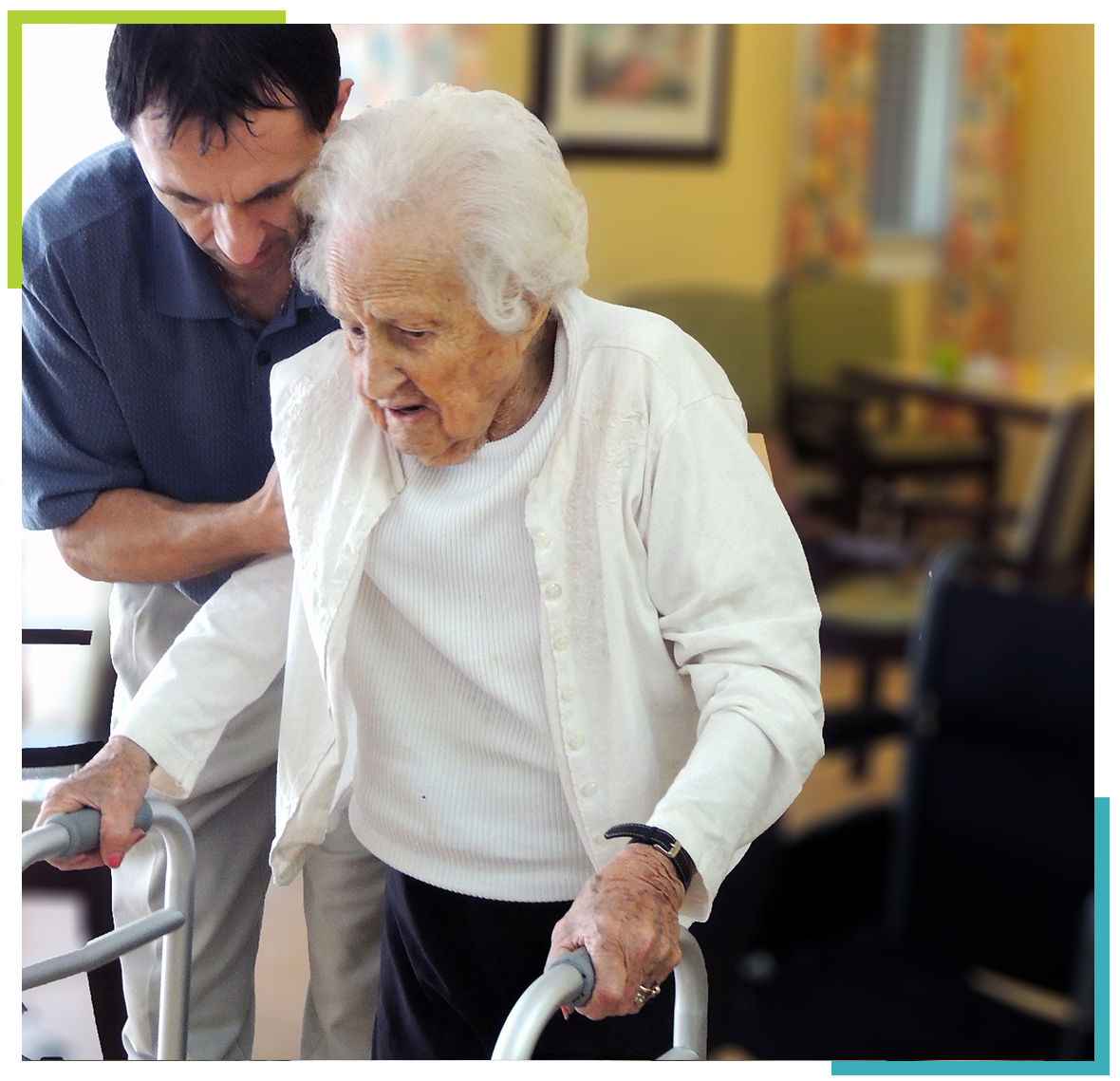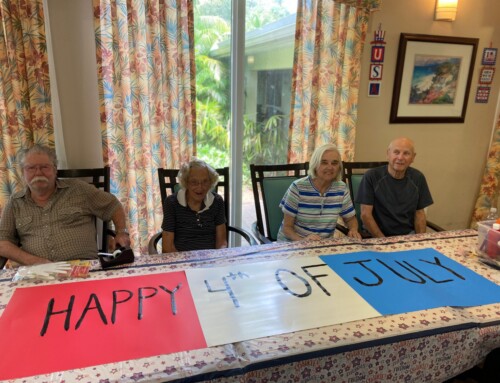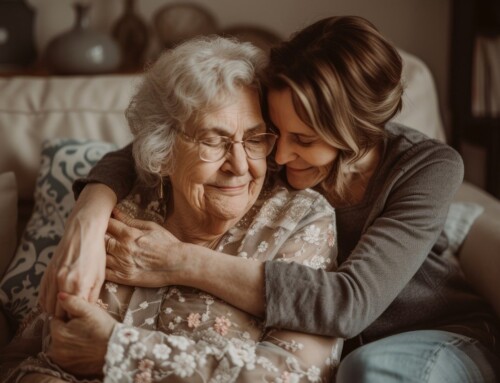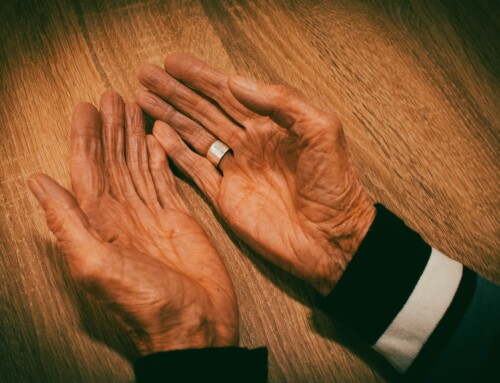A caregiver looks after the health and well-being of someone who needs assistance with daily tasks and activities. Your senior loved one may require a caregiver after an injury, during an illness, or because they are developing mobility or memory issues or chronic medical conditions. According to the Family Caregiver Alliance, approximately 44 million caregivers in the U.S. provide care to an adult or child without pay. 85% of these are caring for a family member.
Senior caregiving tasks may vary daily, and at some point, in-home care may become necessary. If you are taking on the role of caregiver for an elderly loved one, here are some of the activities you can expect:
- Evaluating medical needs: Assessing the health of the senior is an essential caregiver responsibility. You may need to help determine pain levels, schedule doctor’s appointments, or manage medications. Caregivers will also need to consult with doctors and other health professionals regularly.
- Prepare a care plan: A care plan outlines your loved one’s care needs and goals and is considered necessary for the caregiving process. A plan can help you assess how many hours of care your loved one will need – and determine whether additional help is required to ensure their health and safety.
- Help with everyday needs: Activities of daily living (ADLs), such as eating, grooming, bathing, and toileting, can be challenging for those with mobility or memory issues. A caregiver must check in often, pay attention to details, and help whenever needed.
- Offer companionship: One of the most vital aspects of senior caregiving is providing companionship. Loneliness and isolation can cause depression and result in other serious health consequences in senior adults. When you are a caregiver for an aging family member, engagement can strengthen your connection and keep them feeling loved and valued.
- Housekeeping assistance: Maintaining a home can become much more difficult as someone ages. Older adults may need help with standard everyday chores such as washing dishes, taking out the garbage, or vacuuming. If they live in a residential home, yard work is likely also too much for them to handle — even with assistance.
- Manage medications: Seniors are often prescribed several medications to treat chronic illnesses. Your senior family member may need to understand their dosage schedule and potential drug interactions. You can help mitigate your loved one’s risk of mistakes and related health problems by monitoring their medications and creating reminder schedules.
- Prepare meals: Food prep can become increasingly difficult for older adults; if they live alone, they may lack the motivation to cook for themselves. Sometimes, memory and balance complications may make the cooking process unsafe. Caregivers may be needed to shop for groceries and prepare meals.
- Help with safe transfers and mobility: Falling is a significant risk for seniors, as they may have difficulty moving or transferring from beds to chairs or from sitting to standing. Caregivers can help with these transitions or provide the senior with alternate safety measures to prevent falls – such as installing guide bars and railings.
- Offer transportation: As your senior loved one ages, driving may no longer be advisable, safe, or possible. You might need to find alternatives for your senior’s transportation to ensure they can attend appointments, remain socially engaged and run errands as needed.
Caregiving can be very stressful and overwhelming; at some point in the journey, the family may decide that professional care is a better option. If your loved one is searching for a senior living residence in The Villages, we invite you to call A Banyan Residence. We provide professional assisted living and memory care.








